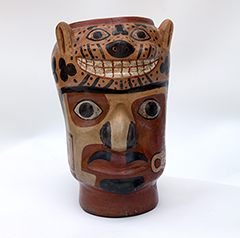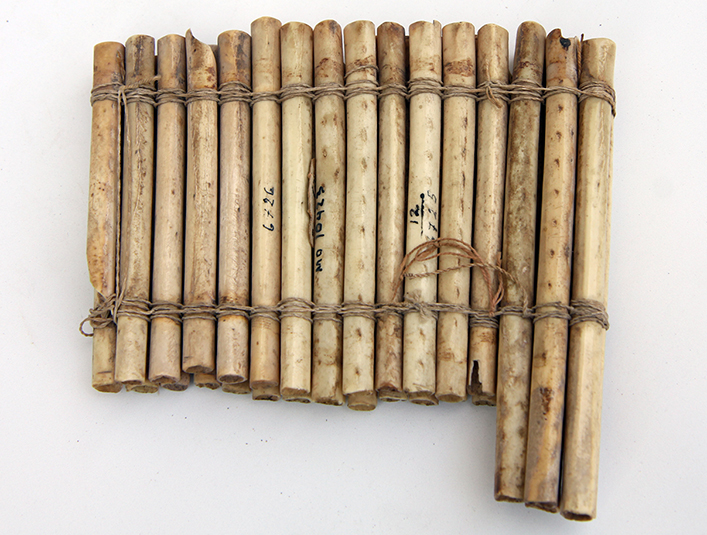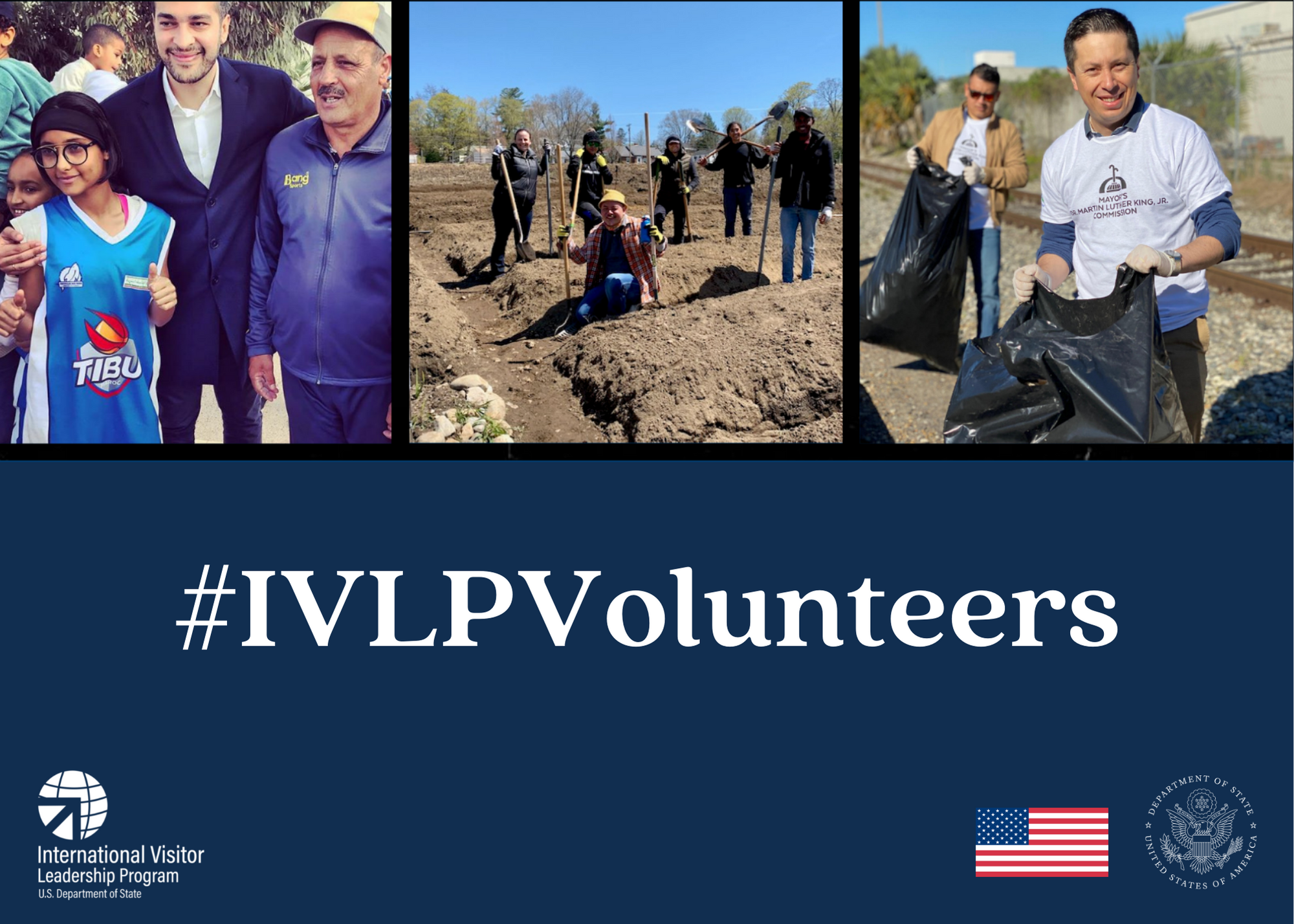The Cultural Property Advisory Committee will meet October 5,6, and 8, 2021, to review the proposed extensions of the cultural property agreement with the Government of the Republic of Cyprus and the cultural property agreement with the Government of Peru. The Committee will also consider emergency restrictions on cultural property from Afghanistan. The Committee invites public comment on the new request and the proposed extensions. The public may provide written comment in advance and/or register to participate in the virtual open session of the meeting on October 5, 2021, at 2:00 p.m. EDT.
Cyprus Extension Summary
An extension of the Memorandum of Understanding Between the Government of the United States of America and the Government of the Republic of Cyprus Concerning the Imposition of Import Restrictions on Pre-Classical and Classical Archaeological Objects and Byzantine and Post-Byzantine Period Ecclesiastical and Ritual Ethnological Materials will be considered. The Government of the Republic of Cyprus has requested that the agreement be amended to include additional categories of archaeological and ethnological material from the 11th millennium B.C. to A.D 1850. A history of U.S. actions concerning the agreement can be found on the Current Import Restrictions Page.
Peru Extension Summary
An extension of the Memorandum of Understanding Between the Government of the United States of America and the Government of the Republic of Peru Concerning the Imposition of Import Restrictions on Archaeological Material from the Pre-Hispanic Cultures and Certain Ethnological Material from the Colonial Period of Peru will be considered. The Government of Peru has requested updates to the Designated List consisting of additional categories of archaeological material, including styles of ceramics and textiles, and ethnological material, including furniture, numismatic material, and prints. A history of U.S. actions concerning the agreement can be found on the Current Import Restrictions Page.Afghanistan Summary
On April 28, 2021, the former Government of the Islamic Republic of Afghanistan made a request to the Government of the United States under Article 9 of the 1970 UNESCO Convention on the Means of Prohibiting and Preventing the Illicit Import, Export and Transfer of Ownership of Cultural Property, as implemented by the Convention on Cultural Property Implementation Act (CPIA). The request seeks import restrictions on archaeological material, including architectural elements; ceramics; jewelry; manuscripts; numismatic material; sculptures made from metal, stone, and terracotta; stamps; tools made from metal and stone; and weapons, and ethnological material, including architectural elements; figurines; metal objects; musical instruments; objects of personal adornment including clothing and jewelry; textiles including carpets, Suzani textiles, and tent coverings; and wood carvings. Notification of the request was published in the Federal Register per the CPIA. Federal Register :: Notice of Receipt of Request From the Former Government of the Islamic Republic of Afghanistan Under Article 9 of the 1970 UNESCO Convention on the Means of Prohibiting and Preventing the Illicit Import, Export and Transfer of Ownership of Cultural Property
The Review Process
The State Department follows these procedures as it considers cultural property agreements. The State Department considers import restrictions for materials that meet the definitions in the Convention on Cultural Property Implementation Act. See our website for more information.
Comments on the Cyprus and Peru Extensions and Emergency Restrictions on Afghanistan
Public comments on the possible extensions of the cultural property agreements with Cyprus and Peru, and emergency restrictions on cultural property from Afghanistan, should focus on the four determinations described at https://eca.state.gov/cultural-heritage-center/cultural-property-advisory-committee/foreign-government-requests. All comments must be submitted in writing no later than September 26, 2021, at 11:59 p.m. (EDT). Use regulations.gov, enter docket DOS-2021-0032, and follow the prompts to submit written comments. Please submit separate comments for each country.
Due to the addition of Afghanistan to the agenda, the Committee will continue its discussion of the extension of the cultural property agreement with Cyprus at its next meeting in January 2022. At that time there will be a second opportunity for public comment. The Committee will consider all public comments on Cyprus, whether received now or in January.
Join in the Virtual Open Session
The virtual open session of the Committee meeting will be held on October 5 at 2:00 pm EDT using Zoom, a web conferencing service. The open session will start with a brief presentation by the Committee, after which registered public participants will comment on the possible extensions. Time permitting, participants may be asked to provide additional oral comments for no more than five (5) minutes per participant. Due to time constraints, it may not be possible to accommodate all who wish to speak.
Anyone may observe the open session. If you are new to Zoom, these tips will help you get started. If needed, please request reasonable accommodation no later than September 28th by contacting the Bureau of Educational and Cultural Affairs at culprop@state.gov. Requests made after that date may be considered, but it may not be possible to fulfill them.
To Participate
Registered participants in the open session can speak and may be asked questions by the Committee. If you wish to participate you must request to be scheduled by September 28th , via email (culprop@state.gov). Please submit your name and organizational affiliation in this request. After you pre-register you will receive a unique link and instructions on how to participate via email.
To Observe
Observers can watch the open session, but they cannot speak. It is not necessary to pre-register to observe.
To join as an observer:
Click the link to join the webinar: https://statedept.zoomgov.com/j/1611791576
Or by Telephone:
Dial (for higher quality, dial a number based on your current location):
US: +1 669 254 5252 or +1 646 828 7666
Webinar ID: 161 179 1576
International numbers available




